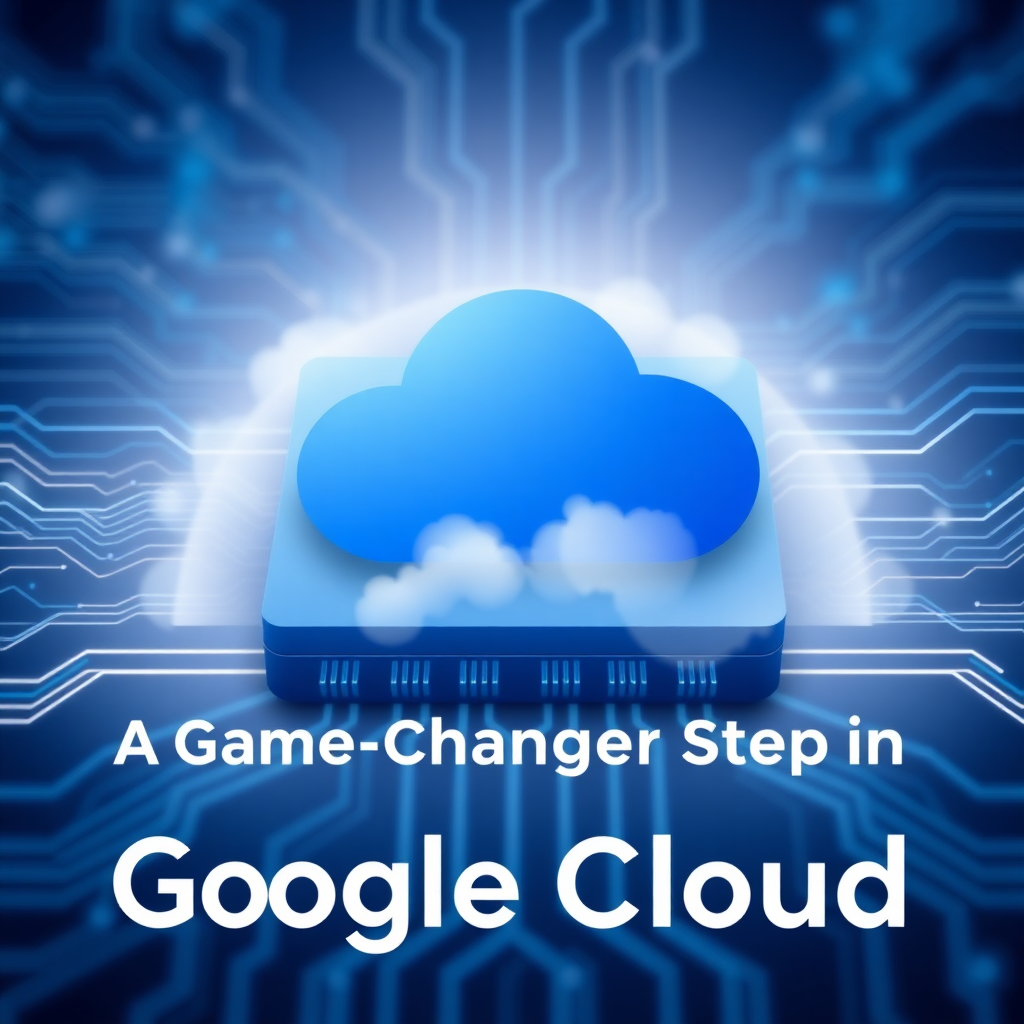
Google Cloud constantly pushes the boundaries of cloud computing, exploring new challenges ranging from information retrieval, global video distribution and of course generative AI.

Axion falls in the family of Arm64-based processors designed by Google to be used in their data centers. Arm architecture is known for its power efficiency and ability to deliver high throughput for modern computing workloads.
As per claims by Google, Axion CPU offers a 50% improvement in performance per watt compared to traditional x86-based processors. This enhancement makes it an ideal choice for businesses looking to optimize their cloud infrastructure while reducing operational costs.
Axion is underpinned by Titanium, a system made up of purpose-built custom silicon microcontrollers and tiered scale-out offloads. Titanium offloads take care of platform operations like security and networking, so Axion processors have improved performance and more capacity for the customer workloads.
Titanium also offloads storage I/O processing to Hyperdisk, Google’s new block storage service that decouples performance from instance size and that can be dynamically provisioned in real time.
Axion is designed to handle a broad range of workloads including AI/ML, high-performance computing (HPC), data analytics and content streaming services. Google has also ensured tight integration with its existing cloud services, which offcourse provides seamless compatibility and optimized resource allocation.
Early adoption by Giants: Leading technology firms such as Spotify, Paramount and some other enterprises have already begun integrating Axion into their cloud operations to improve performance and cost efficiency.
Innovation Catalyst: Having its own chip allows Google to innovate at a greater pace. Google can integrate new features and optimizations directly into the hardware, accelerating the development and deployment of new cloud services and advanced AI capabilities.
Competitive Edge: Axion gives Google a definite competitive edge. It allows Google to offer unique performance and price points that other cloud providers relying on off-the-shelf processors might struggle to match. This will be a major differentiator in attracting and retaining new customers.
Customers will be able to use Axion in many Google Cloud services including Google Compute Engine, Google Kubernetes Engine, Dataproc, Dataflow, Cloud Batch, and more. Arm-compatible software and solutions are now available on the Google Cloud Marketplace and Google have recently launched preview support for Arm-based instances migration in the Migrate to Virtual Machines service.
Google’s investment in silicon innovation is a part of its long-term vision to enhance the overall cloud performance while reducing the energy consumption. Google is actively working on further improvements including next-generation Axion chips with better power efficiency, enhanced AI acceleration and also providing support for more cloud-native workloads.
As more businesses shift to cloud-native solutions going forward, Google Cloud’s custom silicon approach positions it as a strong competitor in the industry. With Axion, Google not only enhances the performance-to-cost ratio for their cloud services but also takes a significant leap towards a more sustainable cloud infrastructure. This strategic move towards custom-built processors allows Google to innovate more, faster, reduce dependencies on third-party chips and also provide tailor-made solutions for enterprises leveraging AI and big data.

We are innovators and leaders, driven by a passion for technology, helping organizations transform their operations.

Econz IT Services Pvt Ltd
Ground Floor, No. 58
HM Towers,
Brigade Road,
Bengaluru, Karnataka,
India 560001
Mob: +91 9513252122

Econz IT Services Private Limited
HD-349, WeWork Oberoi Commerz II, 20th floor, CTS No. 95, 4 B 3 & 4 590, Off W. E.Highway, Oberoi Garden City, Goregaon East (D2), Mumbai, MH 400063

Econz IT Services Private Limited
3RD FLOOR, 66/4034,
MAYUR BUSINESS CENTER,
CHITTOOR ROAD, Pullepady Junction, Kochi,
Ernakulam, Kerala, 682035

Econz IT Services Limited
9, Sherborne Avenue,
Cardiff, Wales,
CF23 6SJ,
United Kingdom

Econz IT Cloud Service and DataCenters Providers
1804, 18th Floor, Burjuman Business Tower
Khalid Bin Walid Road
Dubai, United Arab Emirates
Ph. No: +971-564576588
© 2025. All rights reserved.